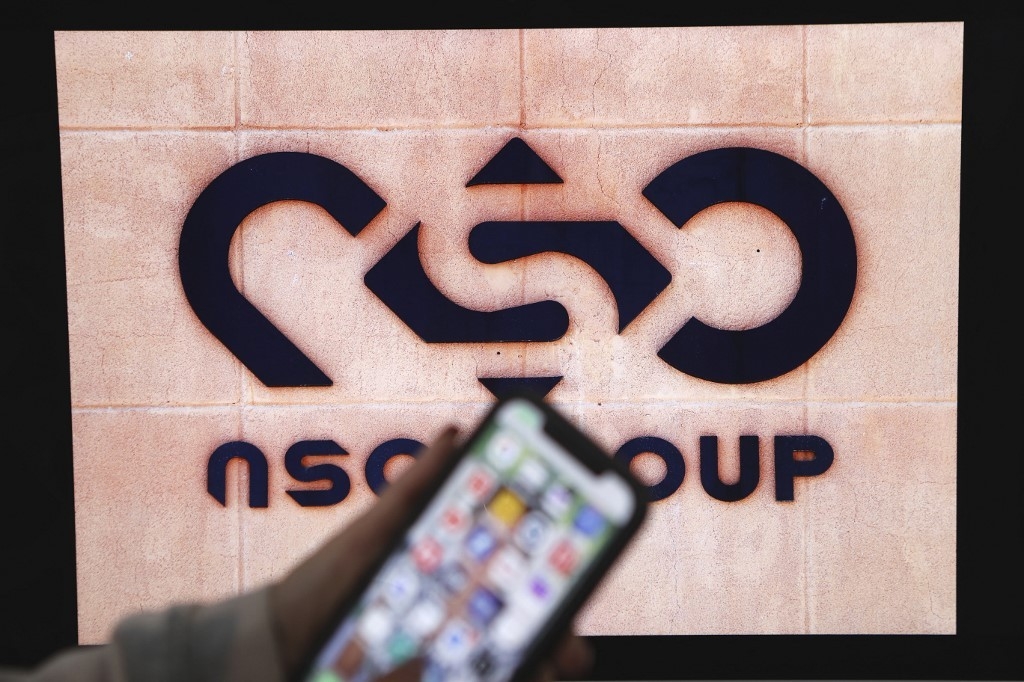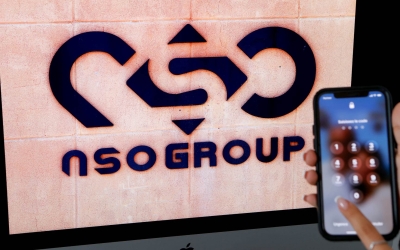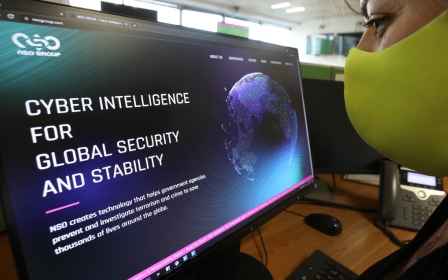US defence contractor in talks to take over Pegasus hacking software, reports say

A US defence contractor is in talks to purchase the technology behind the hacking software Pegasus, developed by the Israeli NSO Group, in a move that would give an American company control over one of the most sophisticated, controversial and coveted hacking tools available today.
The discussions surrounding the takeover centred around the sale of the NSO Group's core code, or technology, and a possible transfer of the Israeli company's personnel to the US company, L3Harris, according to a report by the Guardian, The Washington Post, and Haaretz.
Sources told the Financial Times that the discussions were still in the preliminary stages and there were large hurdles to clear before a deal could be agreed upon.
Any potential agreement would require the approval of both the US and Israeli authorities, who have not signalled support for it.
The talks were first reported by Intelligence Online.
A White House official told the Guardian, The Washington Post, and Haaretz: "Such a transaction, if it were to take place, raises serious counterintelligence and security concerns for the US government."
The White House said that it had not been involved in "any way in this reported potential transaction".
The senior White House official also said the US government “opposes efforts by foreign companies to circumvent US export control measures or sanctions, including placement on the US Department of Commerce’s Entity List for malicious cyber activity”.
If the deal were to take place, it would be a significant reversal of fortunes for NSO, which last year was blacklisted by the Biden administration after being accused of acting “contrary to the foreign policy and national security interests of the US”.
The US official said that any US company should be aware that a transaction with a blacklisted company would "not automatically remove a designated entity from the Entity List, and would spur intensive review to examine whether the transaction poses a counterintelligence threat to the US Government and its systems and information".
Middle East Eye reached out to L3Harris and NSO for comment but did not receive a response by the time of publication.
A surveillance arsenal
NSO is at the heart of a global hacking scandal, as researchers say its Pegasus software has been used by a number of governments around the world to target political dissidents, journalists and activists.
Governments such as Saudi Arabia, Morocco, Bahrain and the United Arab Emirates have been accused of using the spyware.
Middle East Eye's Turkey bureau chief, Ragip Soylu, was revealed to have had his phone hacked by the spyware.
The spyware had also been used to target world leaders, with French President Emmanuel Macron's phone having been compromised.
Once deployed, a user of Pegasus spyware can take complete control of a person’s phone - accessing messages, intercepting phone calls and using the phone as a remote listening device.
A person familiar with the talks also told The Guardian that the deal faced several unresolved issues, including whether Pegasus would be housed in Israel or the US, and whether Israel would be allowed to continue to use the software as a client.
Any takeover of the sophisticated hacking tool would add to L3Harris’s current suite of surveillance technologies, which have already been sold to US government and law enforcement clients. The company reports about $18bn in annual sales, including to the FBI and Nato.
This article is available in French on Middle East Eye French edition.
Middle East Eye delivers independent and unrivalled coverage and analysis of the Middle East, North Africa and beyond. To learn more about republishing this content and the associated fees, please fill out this form. More about MEE can be found here.






